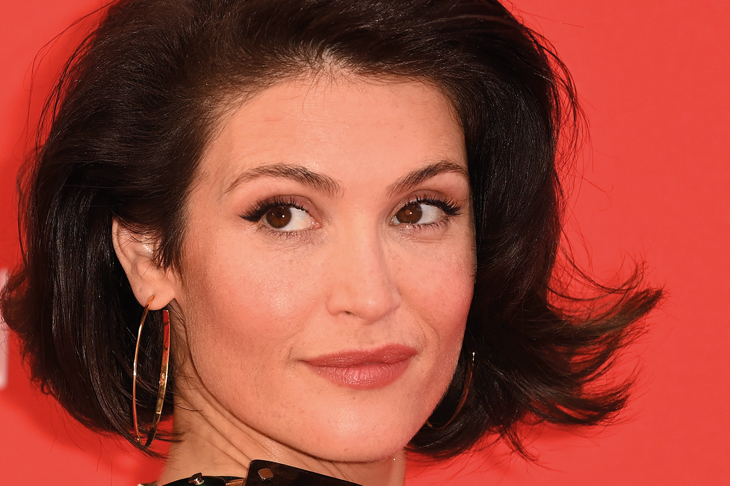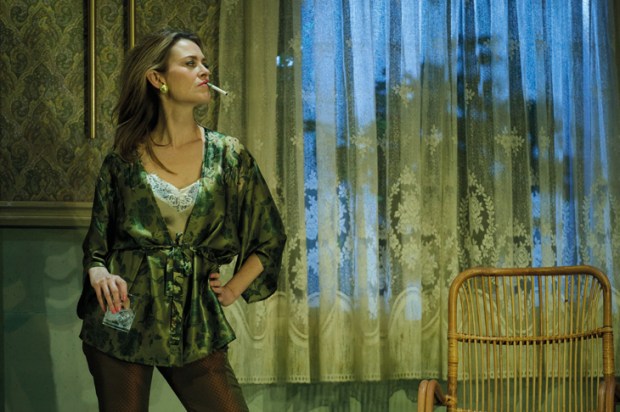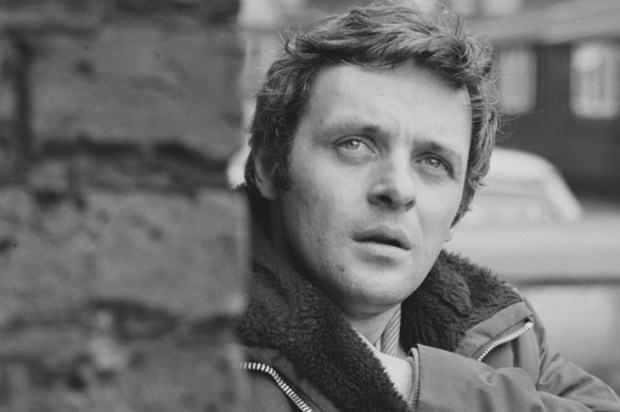There are times when anyone might decide to throw in scanning the range of literature and art and music and just live inside one great figure’s work whether it’s Michelangelo or Shakespeare or Mozart. Well, from 17 to 28 June the nation will get the chance to hear three of Mozart’s greatest symphonies – the Paris, the Hafner and the Linz – performed in every major city with Richard Tognetti himself, that miracle of a violinist, directing his Australian Chamber Orchestra.
Already a subscriber? Log in
Subscribe for just $2 a week
Try a month of The Spectator Australia absolutely free and without commitment. Not only that but – if you choose to continue – you’ll pay just $2 a week for your first year.
- Unlimited access to spectator.com.au and app
- The weekly edition on the Spectator Australia app
- Spectator podcasts and newsletters
- Full access to spectator.co.uk
Unlock this article
You might disagree with half of it, but you’ll enjoy reading all of it. Try your first month for free, then just $2 a week for the remainder of your first year.














Comments
Don't miss out
Join the conversation with other Spectator Australia readers. Subscribe to leave a comment.
SUBSCRIBEAlready a subscriber? Log in